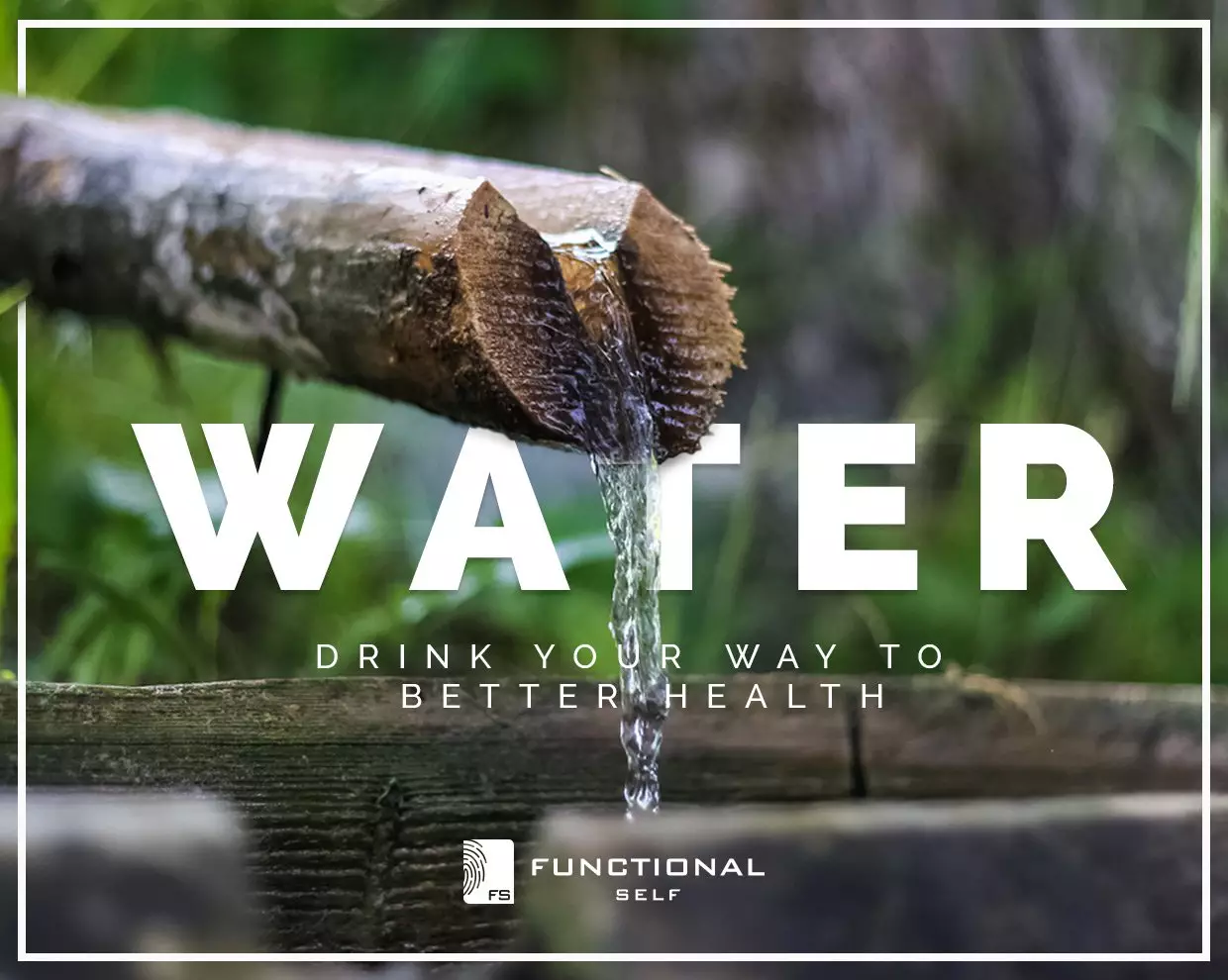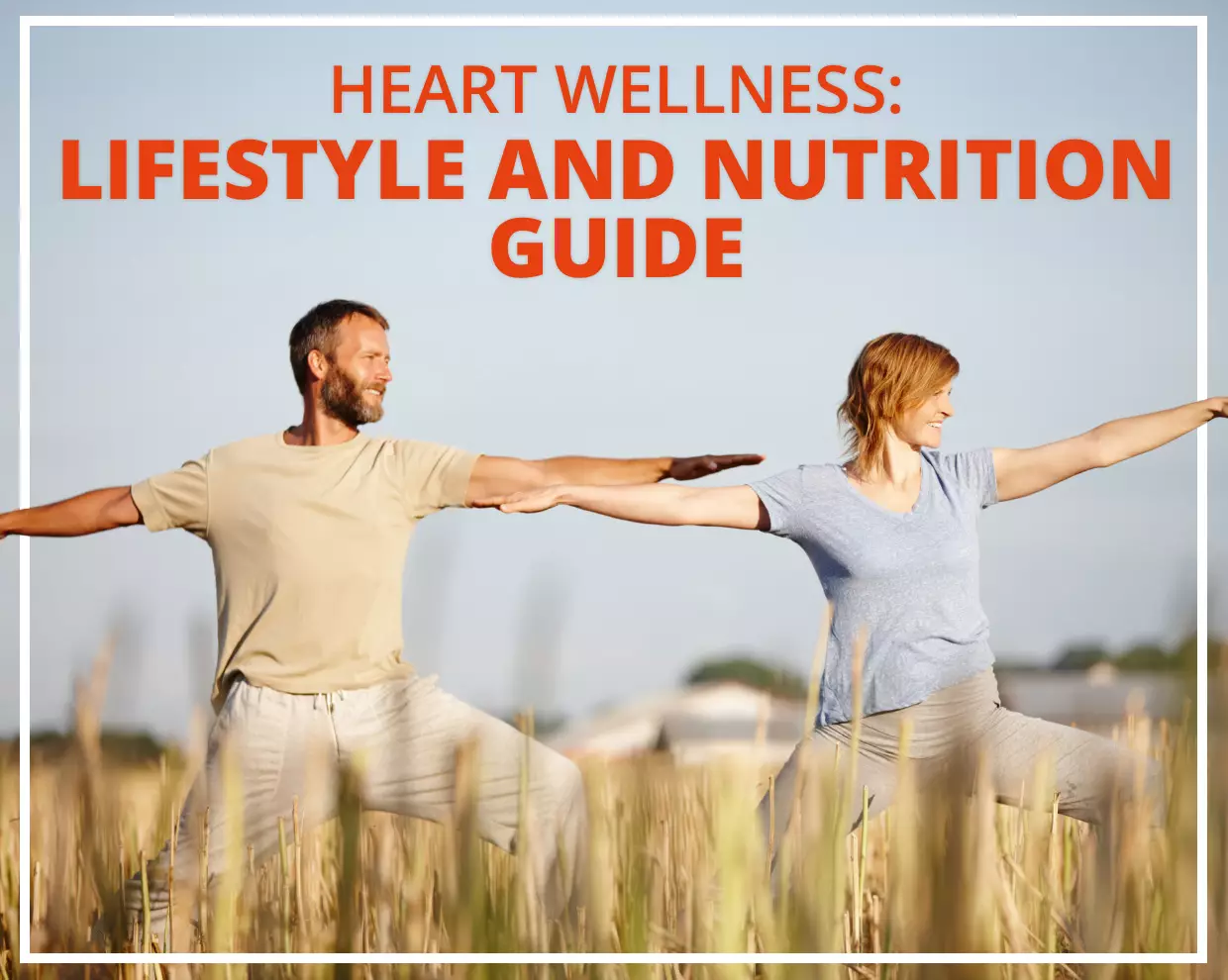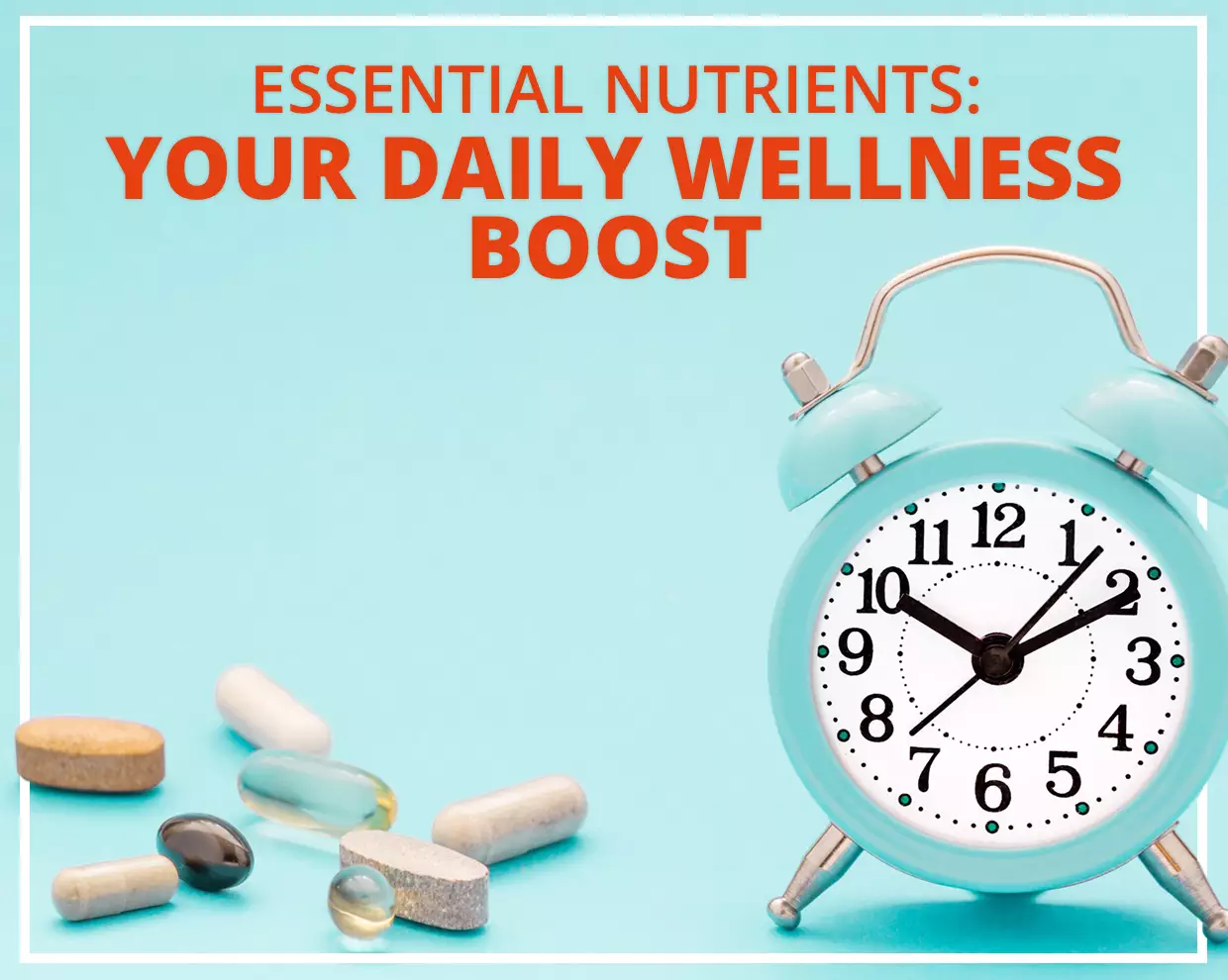All living things need water to survive. Water is a critical nutrient that we require to regulate body temperature, aid digestion, support the transfer of nutrients to cells, promote healthy bowel movements, improve concentration and relieve fatigue [1], [2]. Getting optimal amounts of water throughout the day is essential to feeling good and having functional health and energy.
How much is enough?
You have probably heard the longstanding advice that you should be drinking two litres of water per day. However there is no scientific research to support the ‘8 glasses a day’ mantra, and in reality your hydration needs will vary with age, diet, climate, physical activity and overall health.
Someone who lives in a humid climate and does a lot of strenuous work is going to have very different hydration needs to someone who has a more sedentary lifestyle in a cooler part of the planet. We also get some of our water needs from dietary sources, particularly when eating a nutrient-dense diet because fresh fruit, vegetables, meat and fish are all relatively water-rich foods.
Instead of drinking a specific amount, it is more important to listen to your body and drink to thirst. When you think about it, thirst has done a remarkably good job of ensuring our survival as a species! Dave Asprey, founder of Bulletproof and author of The Bulletproof Diet suggests, “don’t worry about drinking eight glasses of water a day; instead focus on honouring your thirst and always drink a glass of water after you urinate.”
Quality over quantity
Public health guidelines have placed a great deal of attention on the amount of water we drink, often ignoring the quality and purity of our drinking water. Our two main sources of drinking water are either tap water or bottled water from single-use plastic bottles. The vast majority of people use a combination of these two sources to meet their daily hydration needs.
Tap water contains chlorine which is added to keep the public water system clear of pathogens, however this can also kill bacteria in your mouth and gut, disturbing your natural microbiome. Fluoride is also added to the water supply in some (but not all) parts of the UK, Australia and New Zealand and is a potential neurotoxin which may block iodine absorption.
Store bought plastic water bottles are widely used as an alternative to tap water, however these contain bisphenol-A or BPA - a toxin which can mimic estrogen in the body, potentially disrupting hormones and your metabolism (including our ability to lose fat! [3]). Single use plastic water bottles aren’t exactly an environmentally friendly option.
Many people have moved to drinking from reusable “BPA-free” plastic water bottles, however these usually contain bisphenol analogs such as BPS or BPF to replace the BPA. Recent studies have shown that BPS and BPF are just as hormonally active and harmful as BPA, and these plastics are linked with a range of health issues given their endocrine-disrupting properties [4], [5].
What is the best water source?
The optimum source of water is natural spring water purchased in glass bottles, however this can be an expensive option. A more cost effective and sustainable way of getting your pure drinking water is to filter it through a stainless steel gravity filter which removes chlorine, dirt, rust, sediment, bacteria and parasites. A gravity filter also removes organic pollutants such as agricultural pesticides and herbicides as well as dissolved heavy metals, such as cadmium, lead, mercury and copper. Depending on where you live you may also need to factor in a fluoride filter cartridge, so it’s worth checking with your local water board.
Our recommendation is to drink your freshly filtered water out of a glass or stainless steel bottle. Having a bottle handy really helps you to drink to thirst, and you may like to add a few drops of a natural mineral concentrate to ensure you are getting all of the trace minerals you need for optimal hydration. Start the day by drinking a glass of water first thing in the morning, then drink to thirst throughout the day including after urinating.
Is there a time of day I should avoid drinking water?
Interestingly, there are a couple of times where you may want to minimise the amount of water you drink. Avoiding water in the 30 minutes before and after meals may help your body’s digestive enzymes and your ability to absorb nutrients from the food you’re eating. Similarly there a number of people who sleep better when avoiding water for 1-2 hours prior to bedtime. However as always with hydration, listen to your body and if you need to drink, honour your thirst!
References

 UK Store
UK Store  NZ Store
NZ Store AU Store
AU Store EU Store
EU Store









